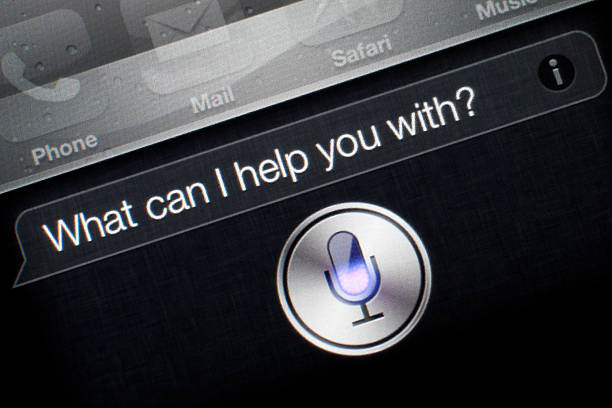Artificial Intelligence (AI) is rapidly transforming healthcare, and mental health practices are among the biggest beneficiaries of this technological shift. For therapists, counselors, psychologists, and clinic owners, managing daily operations can be overwhelming. From scheduling to billing, compliance to patient engagement, AI-driven solutions are helping streamline practice management, reduce administrative burden, and improve client care.
In this article, we’ll explore how AI is shaping mental health practice management and why adopting these technologies can make a significant difference in both efficiency and outcomes.
The Role of AI in Modern Mental Health Practices
AI isn’t just about automation — it’s about making smarter, data-driven decisions while freeing mental health professionals to focus on clients. With advanced tools, practices can now integrate AI into their existing workflows to:
- Simplify scheduling and appointment reminders.
- Improve accuracy in clinical documentation.
- Enhance billing and claims processing.
- Ensure HIPAA-compliant record management.
- Provide insights through predictive analytics.
- Improve client communication and engagement.
AI-Powered Scheduling and Patient Management
One of the most time-consuming tasks for any mental health practice is managing schedules. AI-powered scheduling tools can:
- Automatically suggest appointment times based on therapist and client availability.
- Send reminders via SMS, email, or apps to reduce no-shows.
- Manage waitlists more efficiently.
By automating this process, practitioners save hours every week, while patients enjoy a smoother booking experience.
AI in Clinical Documentation
Writing session notes and maintaining accurate clinical records is crucial but often takes away valuable time from direct client care. AI-driven documentation tools can:
- Transcribe therapy sessions securely.
- Suggest diagnostic codes and treatment plans.
- Flag inconsistencies in documentation for compliance.
This ensures therapists spend less time typing and more time focusing on therapeutic engagement.
AI for Billing and Insurance Claims
Billing errors and delays can impact both client satisfaction and practice revenue. AI-powered billing solutions assist by:
- Automatically generating accurate invoices.
- Verifying insurance eligibility in real time.
- Reducing claim denials with predictive error checks.
- Tracking payments and follow-ups.
These systems streamline revenue cycles and reduce administrative headaches.
Ensuring HIPAA-Compliant Data Management with AI
Confidentiality is paramount in mental health care. AI solutions designed for healthcare comply with HIPAA standards to:
- Securely store and encrypt patient records.
- Provide automated access logs.
- Detect unusual activity or potential breaches.
This not only safeguards sensitive data but also builds trust with clients who expect confidentiality.
Predictive Analytics for Better Decision-Making
AI goes beyond day-to-day management by offering predictive insights. For example, practices can:
- Identify trends in client no-shows.
- Predict treatment outcomes based on data patterns.
- Optimize staffing needs based on patient flow.
These insights help practice owners make informed, strategic decisions.
Enhancing Client Engagement with AI Tools
Maintaining client engagement between sessions is critical for therapeutic progress. AI-driven platforms support:
- Chatbots that answer basic queries instantly.
- Personalized reminders for self-care and medication.
- Secure messaging for therapist-client communication.
This keeps clients engaged while giving therapists tools to monitor progress outside traditional sessions.
Why Mental Health Professionals Should Adopt AI
AI is not about replacing therapists — it’s about empowering them. By automating repetitive tasks, improving accuracy, and offering deeper insights, AI allows professionals to:
- Spend more time in direct client care.
- Reduce burnout from administrative overload.
- Scale their practice with greater efficiency.
Conclusion
Artificial Intelligence is no longer a future concept — it’s here and already reshaping mental health practice management. From appointment scheduling to secure data handling, billing, and client engagement, AI tools are helping practices become more efficient and client-centered. Mental health professionals who embrace AI-driven solutions position themselves for growth, better client outcomes, and improved work-life balance.
To learn more about integrating technology into your mental health practice, visit Mental Health IT Solutions.







